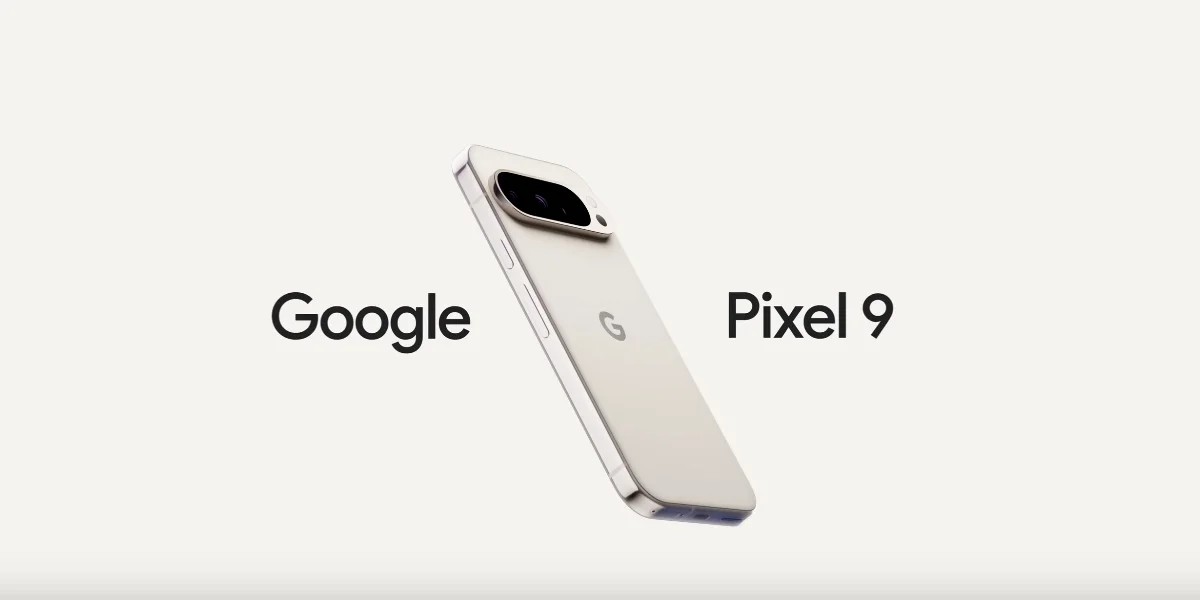Judge orders Google to share search results to help resolve the monopoly

A court in Washington decided on Tuesday that Alphabet's Google must share data with its competitors in order to make online search more competitive. The judge also turned down prosecutors' request to force the internet giant to sell its popular Chrome browser and Android operating system.
This ruling is a big gain for the internet business since it means they won't have to deal with the worst possible outcome from a historic antitrust lawsuit that found they were running an illegal online search monopoly.
Google won't have to sell its Chrome browser or Android, but it will have to share certain search data with qualified competitors to encourage competition. It will also not be able to sign or keep exclusive arrangements for the distribution of services including Chrome, Search, the Google Assistant, and the Gemini app.
“Google will not be required to divest Chrome; nor will the court include a contingent divestiture of the Android operating system in the final judgment,” the filing read.
U.S. District Judge Amit Mehta also said that Google couldn't create exclusive deals that would stop device makers from putting competing goods on new devices.
Last autumn, Mehta said that Google's search operation broke US antitrust law, saying that the corporation "is a monopolist, and it has acted as one to keep its monopoly."
Google has for years inked exclusive, multibillion-dollar contracts with device makers like Apple to secure its position as the default search provider on smartphones and web browsers, encouraging its dominance giving it what the court sees as being an unfair advantage that relies on consumer habit rather than choice. Mehta said that by 2020, Google handled 95% of all mobile search searches in the US.
The court's decision to stop Google from making exclusive distribution arrangements is its method of making things fair. Google won't be able to make deals that force businesses to preload Google Search, Chrome, the Google Assistant, or Gemini in order to use its famous Google Play app store.
Google may still pay partners to put its services, like its search engine, on their products. Apple and Google have a contract that makes Google the default search engine on Apple's web browser. Google pays Apple billions of dollars for this.
Prosecutors will seek divestments of crucial parts of Google’s online advertising business in the trial’s second phase, which is set to begin in a Virginia court later this month. The company's attorneys say they are happy to share real-time ad exchange data with competitors, but they won't sell any of their business.
The two lawsuits the Justice Department has against Google are part of a bigger effort by the U.S. government to go after Big Tech companies. This effort started during President Donald Trump's first term and includes cases against Meta Platforms, Amazon, and Apple.



